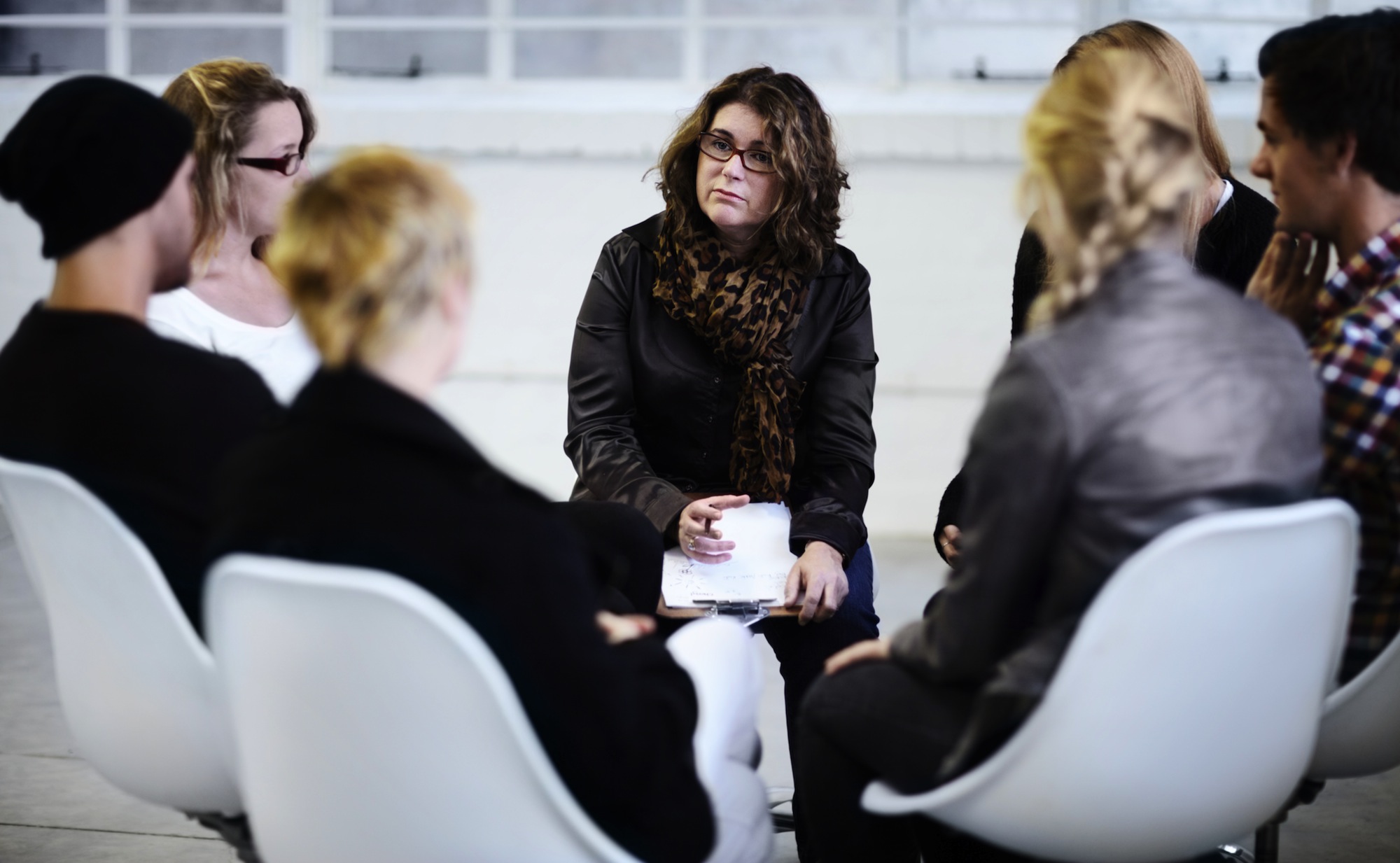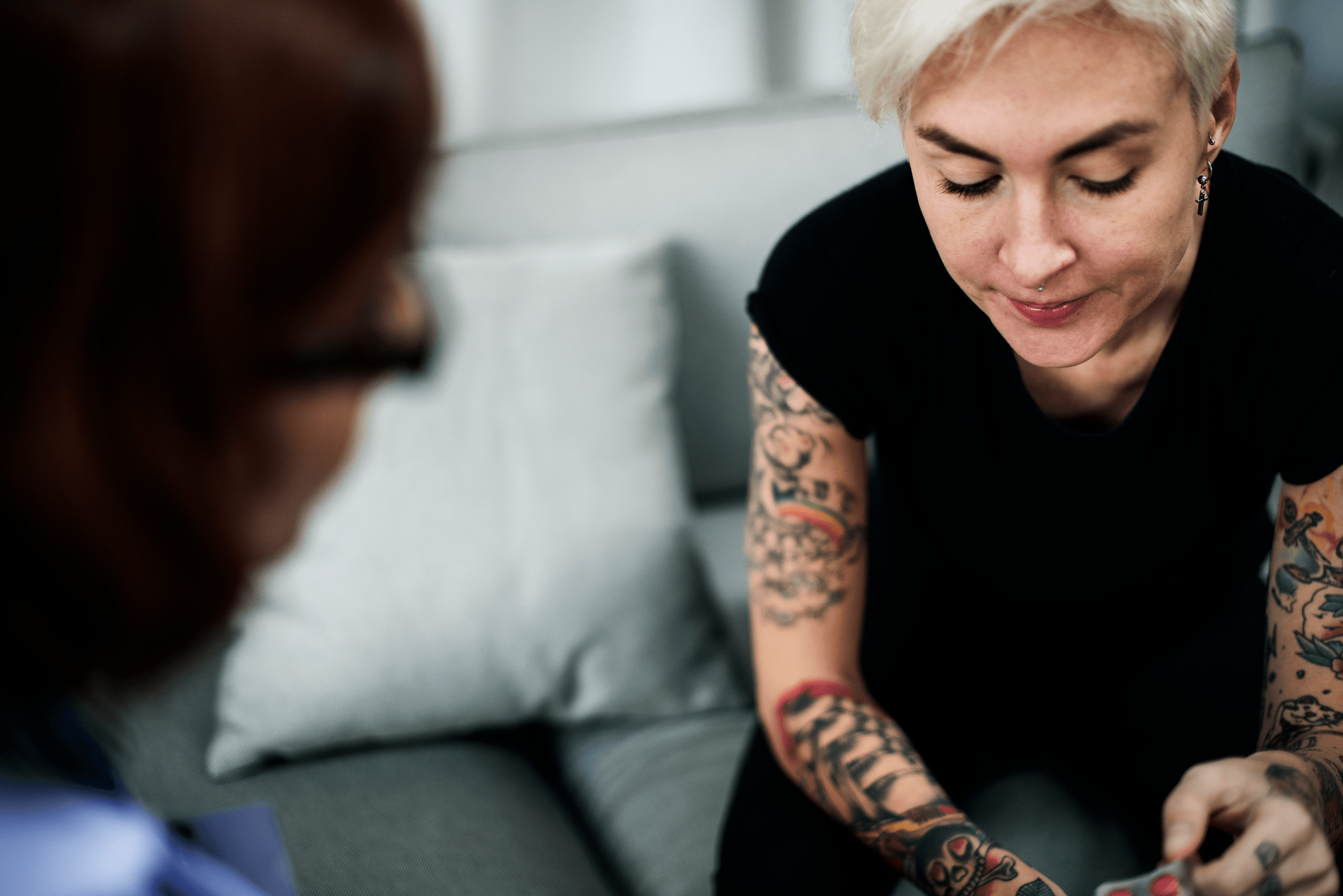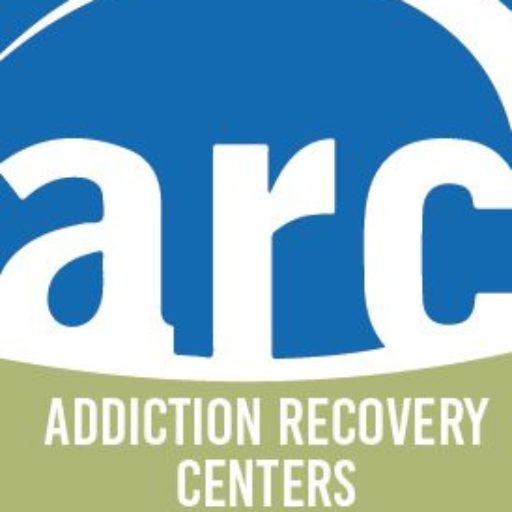Addiction Recover Centers
Programs & Services
ARC provides outpatient services that are related to the misuse of one or more substances.
Addiction Recover Centers
Programs & Services
ARC provides outpatient services that are related to the misuse of one or more substances.

Substance Abuse Evaluation and Assessment
The first step in the treatment process is an interview with an addictions counselor. The evaluation (also called an assessment) is a face-to-face interview with the prospective client that typically lasts one hour. The person’s psychological and social history is reviewed during this time, and a clinical impression using DSM-V criteria is given by the counseling staff at its conclusion.
Based on the clinical impression, it is determined if additional services are needed, and if so, which services are appropriate to address the client’s condition. The cost of an evaluation can vary.
Outpatient Programs
Addictions Recovery Centers offer three types of outpatient programs to guide clients along the path to recovery.

Intensive Outpatient Program
Designed for persons with a substance dependency condition, the Intensive Outpatient Program (IOP) is a 24 or 28-week group therapy program. (The number of weeks a program lasts is contingent on how many sessions per week are attended, as ARC may not offer a three-time-per-week program at some locations. Individual counseling sessions may be incorporated into this program as well. A trained addictions counselor facilitates sessions.)
IOP is comprised of an initial eight-week segment (3 sessions per week if available) OR twelve-week segment (2 sessions per week) that the client attends until they have attended 24 sessions. Each session lasts between one and two hours. At its conclusion, the client enters an Aftercare program that meets one time per week for sixteen weeks. Each of these lasts between 60 and 90 minutes.
Attendance at outside support groups such as Alcoholics Anonymous or Narcotics Anonymous is required.

Modified Outpatient Program
For individuals diagnosed as either a substance abuser or suspected substance dependent, the Modified Outpatient Program (MOP) is a 20-week program consisting of 28 sessions in total.
Groups are held two times per week for eight weeks with one session comprising educational information and a second session involving more intense group therapy. Sessions last between one and two hours each and include educational lectures, Cognitive Behavioral Therapy, Interactive Journaling, and other assignments. Individual sessions may be incorporated into this program as well.
Following the initial eight-week phase, participants are required to complete 12 weeks of Aftercare. Attendance at outside support groups such as Alcoholics Anonymous or Narcotics Anonymous is also required.

Relapse Prevention Programs
Relapse Prevention is for those that have completed a recognized treatment program for a dependency condition but have had a recent episode of returning to substance use.
This program focuses on issues and factors that may have caused such an episode through group therapy, lecture, and homework assignments.
Sessions last between 60 and 120 minutes twice per week over a 16-week period. Attendance at support groups such as Alcoholics Anonymous or Narcotics Anonymous is required. Individual sessions may be incorporated into this program as well.

"Flex" Outpatient Programs
“Flex” programs are less standardized and may require more or fewer session requirements. The “Flex” curriculum may include group and individual attendance requirements that do not fall within the standardized outpatient offerings (Intensive, Modified, or Relapse Prevention Programs). These are highly individualized programs and include one to two-hour group sessions as well as one-hour individual sessions. Educational lectures, Cognitive Behavioral Therapy, Interactive Journaling, and other assignments are utilized in the “Flex” option.
Individual Counseling
Individual counseling allows for flexibility in a program. Many times specific issues can be addressed more effectively in this type of setting. Individual counseling may be used in conjunction with a program, or independently.

Education Programs
At Addictions Recovery Centers, we believe knowledge is power. We offer various levels of education programs to meet the needs of all clients.
Our education programs make participants aware of how drugs can affect the mind and body in addition to relationships and general functioning. The classes show the potential damage that could occur, or they’ll help reveal the damage that has already happened and possible ways to repair it.

Level 1 Education Group
Participants of this group are not diagnosed with either dependence or abuse. This program is basic alcohol and drug education for those deemed in need of at least a minimal level of service.
The Level I group is an eight-hour program in which the participant attends two sessions that are four hours in length. It is comprised of group discussion, lecture, and video regarding the dangers of alcohol and other drugs. Alternatives to substance use and healthy decision-making skills are also introduced. The fee for this group is $100.
- One-day, eight-hour class
- $100 Class Fee
- Group discussion, lecture, video elements

Change Company Education Series
The Change Company Education Series is a cognitive approach for persons identified with a substance abuse condition. This 10 week program meets one time per week for 10 sessions with each lasting two hours.
A significant part of this series is the use of workbooks requiring the participant to complete assignments for each session. The educational program is evidence-based and has been proven effective in reducing continued substance use in particular for participants referred through the criminal justice system.
- 10 two-hour sessions
- Workbook-based
- Referrals from Criminal Justice System

Substance Abuse Education Group
Participants of the substance abuse education group must have had an assessment that diagnoses the individual as an abuser of one or more substances.
Sessions include information regarding the physiological, spiritual, and mental effects of mood-altering substances. Discussions, lectures, and videos regarding alcoholism and drug dependency are also part of the curriculum.
Classes are held one time per week, each lasting two hours typically for 12 sessions. This program uses evidence-based curricula.
- 12 two-hour sessions
- Discussion, Lectures, and Videos
- Participants must have a substance abuse diagnosis
